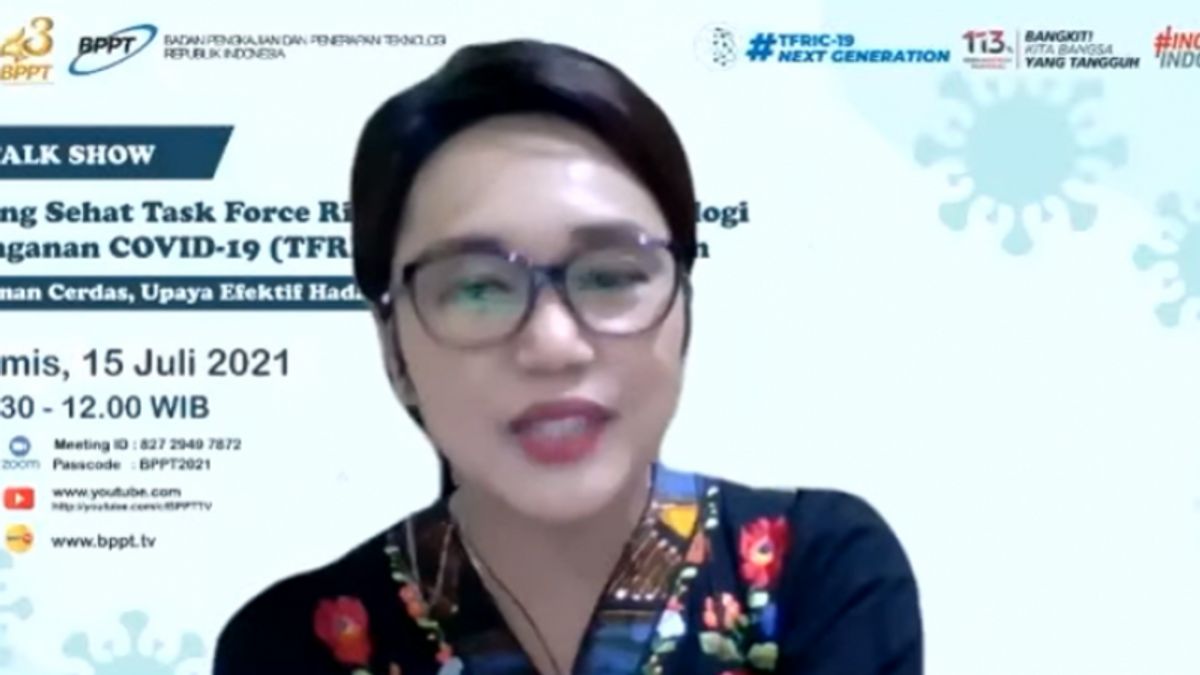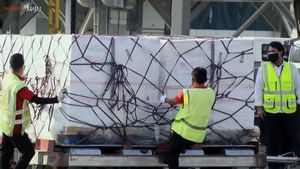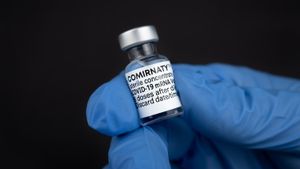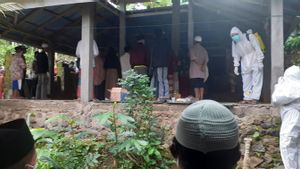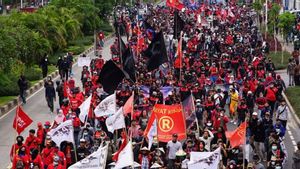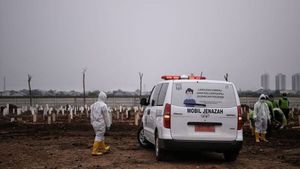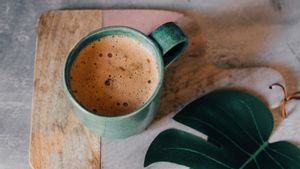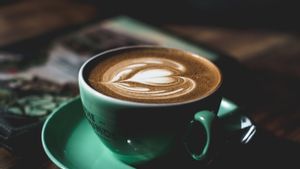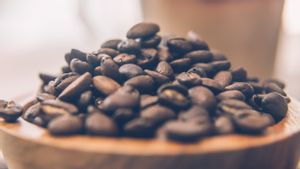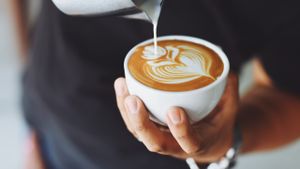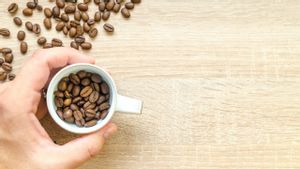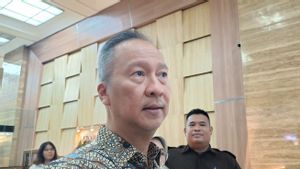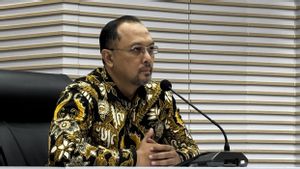JAKARTA - Nutritionist Rita Ramayulis said COVID-19 patients who are self-isolating (isoman) must have sufficient nutrition to speed up their healing process.
"People in an infected condition need very high vitamins and minerals," said Rita in a light discussion and dialogue "Smart Isoman, Effective Efforts to Face the Wave of COVID-19", Jakarta, Thursday.
Rita said that the fulfillment of balanced nutrition can be fulfilled with daily food with the principle of balanced nutrition which is translated into the food consumed. For example, the nutritional adequacy rate for vitamin C can be met with three servings of vegetables and three servings of fruit.
However, the problem is that the nutritional adequacy rate is often not sufficient enough to require health supplements to complete it.
Especially in the conditions of the COVID-19 pandemic, it is necessary to strengthen the body's immunity. Both for those who are infected or who have the potential to be infected, the presence of supplements is very much needed.
In addition, the electrolyte fluid content in the body must also be maintained. In conditions of being infected with COVID-19, people will tend to be dehydrated so it is necessary to ensure that the body does not become dehydrated, for example by consuming coconut water.
SEE ALSO:
On the same occasion, Head of the Agency for the Assessment and Application of Technology (BPPT) Hammam Riza advised the public to remain calm when diagnosed with COVID-19 positive, and recognize whether the symptoms include mild symptoms or people without symptoms (OTG).
The public is advised to immediately measure oxygen saturation levels after testing positive for COVID-19. For adults, the normal range of arterial oxygen saturation (SaO2) is 95–100 percent, and if it is below the threshold, the public must immediately contact the COVID-19 Task Force in their area to get treatment according to the procedure.
Hammam advised OTG and asymptomatic COVID-19 patients to self-isolate (isoman), not need to be hospitalized as soon as possible. This also helps health workers and health facilities that are currently experiencing the excess capacity to handle COVID-19 patients.
Based on the Ministry of Health's COVID-19 guidebook, self-isolation is not only avoiding contact with other people and not traveling, but also taking vitamins and nutritious food to speed up the recovery process.
In addition, Hammam said that the more massive testing process in the community would be a significant key in policy decision making, patient handling references, and monitoring the spread of COVID-19 in Indonesia, especially in the economic recovery efforts currently being carried out by the government.
The more affordable COVID-19 detection tools circulating in the community should be able to be used by the community. Therefore, Hammam invites the public to proactively check themselves to the nearest health facility if they start to feel symptoms of COVID-19, because the Delta variant that is currently spreading is more contagious than the previous variant.
The English, Chinese, Japanese, Arabic, and French versions are automatically generated by the AI. So there may still be inaccuracies in translating, please always see Indonesian as our main language. (system supported by DigitalSiber.id)
